April 5, 2018
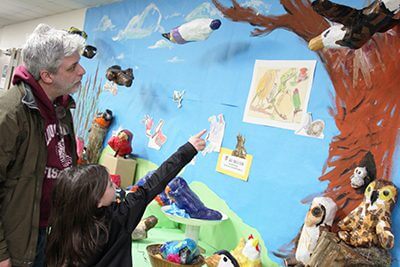 by Renee Wright, Lower School Director
by Renee Wright, Lower School Director
Editor’s Note: On the first Thursday of each month, you will now find a guest blog post here from one of MPA’s division directors. We hope you will enjoy reading their stories and reflections about life at MPA!
A cherished MPA tradition continues for its 37th year on April 12, 2018, when the Lower School presents its Art and Music Show. You won’t want to miss seeing firsthand the pride on the faces of our Lower School students as they present their beautiful artwork and sing and dance joyfully for family and friends.
The first Lower School Art and Music Show debuted in 1982, never missing a year after that. The early years showcased student learning throughout the school year. Starting in 1989, the shows began to focus on specific themes, thoughtfully selected by the Lower School art and music teachers each year. Earlier themes included Around the World, Songs of America, Animal Fair, Disney, A Wonderful World of Color, Muppets: A Tribute to Jim Henson, Wild West, and many more. This approach has given each Art and Music Show a fresh look and created extraordinary student excitement and engagement.
This year, the students celebrate authors and illustrators of award-winning picture books. Students have studied how stories are conveyed through art and writing. They have learned to analyze the artwork in picture books for color, form, line, shape, space, texture, and value. Kindergartners have explored the colorful works of Eric Carle and Richard Scarry. First graders have learned from the creativity and imagination of Ezra Jack Keats and Lois Ehlert while second graders have enjoyed the rollicking rhymes of Dr. Seuss and the engaging characters of Lucy Cousins. Third graders have been charmed by the gentle animals of Jerry Pinkney and Jan Brett and fourth graders have explored the engaging, innovative works of Sara Fanelli, Chris Raschka, and Barbara Knutson. Books by these authors and illustrators have also been the inspiration for movement, instrument playing, and singing in music class during the year. These creative artists have served as talented role models for our students, and now the students are prepared and excited to present their own inspirations to family and friends!
Read More
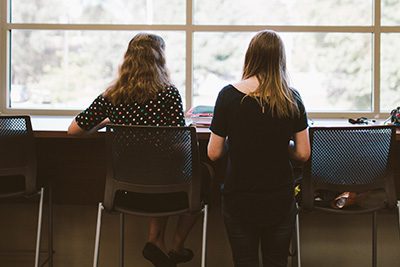 by Dr. Bill Hudson, Head of School
by Dr. Bill Hudson, Head of School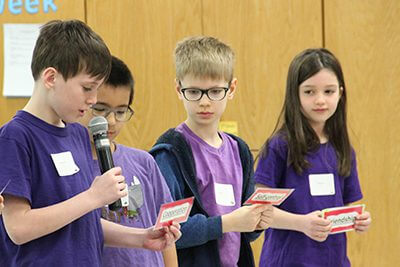 by Dr. Bill Hudson, Head of School
by Dr. Bill Hudson, Head of School by Erica Brewinski ’96, Middle School Director
by Erica Brewinski ’96, Middle School Director
 by Dr. Bill Hudson, Head of School
by Dr. Bill Hudson, Head of School by Renee Wright, Lower School Director
by Renee Wright, Lower School Director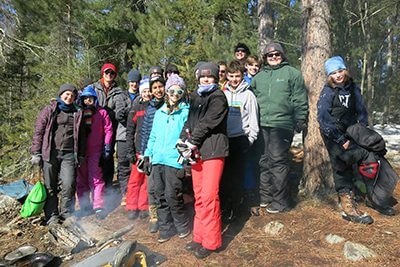 by Dr. Bill Hudson, Head of School
by Dr. Bill Hudson, Head of School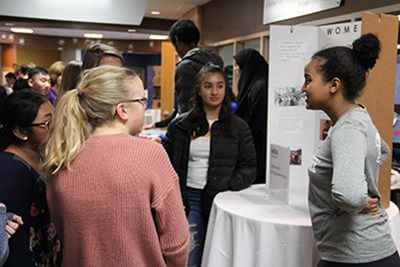 by Mark Segal, Upper School Director
by Mark Segal, Upper School Director by Dr. Bill Hudson, Head of School
by Dr. Bill Hudson, Head of School  by Dr. Bill Hudson, Head of School
by Dr. Bill Hudson, Head of School